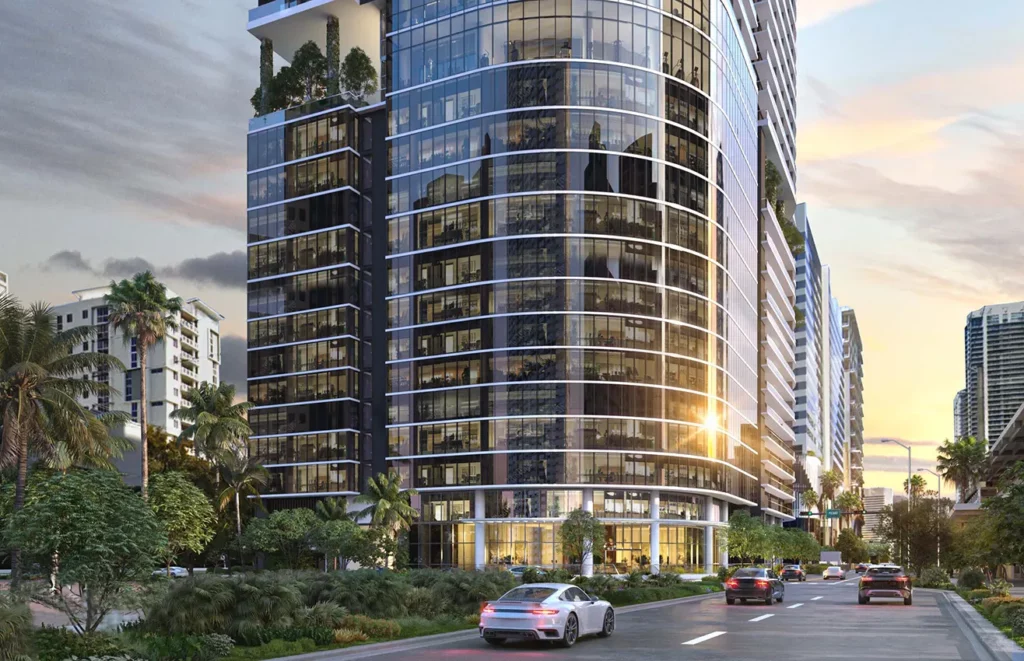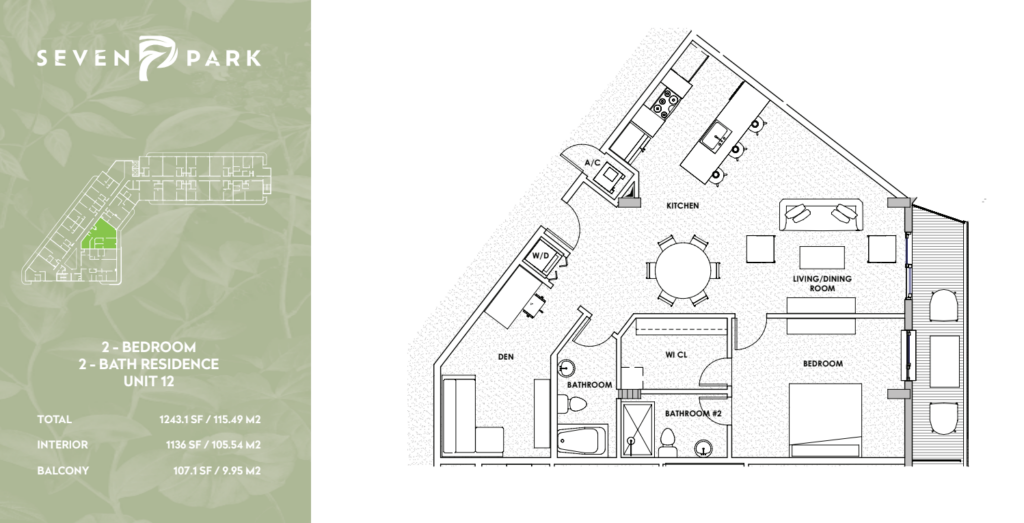How to Compare Pre-Construction Projects
When it comes to making a smart real estate investment, knowing how to compare pre-construction projects is absolutely essential. With so many new developments launching in hot markets like Miami, Toronto, and Fort Lauderdale, buyers are often spoiled for choice, but that can lead to confusion.
Not all pre-construction condos are created equal. From pricing structures and developer track records to long-term ROI potential, there are multiple layers to assess before making a decision. Whether you’re a seasoned investor or buying your first property, this guide will help you confidently evaluate and compare pre-construction opportunities to find the one that aligns with your goals.
Why Pre-Construction Condos Are Gaining Traction
Before diving into how to compare pre-construction projects, it’s worth understanding why this segment of the market is so attractive. Pre-construction condos offer benefits such as:
- Lower upfront costs (typically 10–20% deposit before closing)
- Appreciation potential during the construction period
- Modern finishes and amenities
- Developer incentives, including free upgrades or flexible deposits
But not every project delivers on these promises. Comparing projects thoroughly can help you avoid pitfalls and capitalize on long-term value.

1. Location: More Than Just the Neighborhood
Location is always a top priority, but it goes beyond the postal code. When comparing pre-construction projects, consider:
- Walkability and transit access: Is the project near a major transit hub, airport, or business district?
- Future development plans: Are there new schools, commercial centers, or public spaces planned nearby?
- Rental demand: Is the area known for short- or long-term rental appeal?
- Demographic trends: Is the neighborhood seeing population or income growth?
For example, a condo near Miami Worldcenter or downtown Toronto’s tech corridor may have higher future demand than a suburban build.
2. Developer Reputation: Track Record Matters
When comparing projects, always look into who’s building it. A reputable developer is less likely to delay construction or cut corners. Ask:
- Have they completed similar projects on time?
- Do their buildings age well in terms of resale value and upkeep?
- Are there legal disputes or negative press associated with them?
Established developers often have better relationships with lenders, contractors, and city officials—reducing risk for you.
3. Deposit Structure and Incentives: Not All Offers Are Equal
This is where many pre-construction buyers either win big—or get stuck.
Compare:
- Deposit timelines (e.g., 20% over 18 months vs. 20% over 4 months)
- Incentives (e.g., free parking, storage lockers, rental guarantees, capped levies)
- Closing costs (e.g., development charges, legal fees)
A longer deposit schedule can ease your cash flow, and incentives might save you tens of thousands over time. Ask for a side-by-side breakdown when evaluating multiple projects.
4. Price Per Square Foot: Be Careful with the Numbers
Price per square foot (PPSF) is a standard comparison tool, but it’s not the only one. To get a more accurate picture:
- Look at net usable square footage, not just gross
- Compare finishes and appliance packages (e.g., Miele vs. generic brands)
- Factor in maintenance fees and what they cover
Sometimes a unit that appears more expensive per square foot may include more value (like premium finishes or a larger balcony).

5. Building Features and Long-Term Livability
Luxury amenities can attract both renters and end-users—but there’s a difference between flashy and functional.
Evaluate:
- Amenity quality vs. quantity (e.g., coworking lounges, pools, gyms, EV charging)
- Layout efficiency (e.g., are there long hallways eating up space?)
- Views and orientation (corner units and higher floors often perform better)
- Elevator-to-unit ratio (low ratios mean faster service and better resale value)
These factors impact both day-to-day enjoyment and resale desirability.
6. Estimated Occupancy and Completion Risk
Be cautious about projects with vague or overly optimistic timelines. Construction delays can cost you, especially if you’re relying on future rental income or planning a move.
Ask:
- Has construction started?
- Are permits fully approved?
- What is the current sales-to-construction ratio?
- Does the developer offer delay compensation?
Projects that are shovel-ready or already under construction usually carry less risk than early-stage launches.
7. Rental and Resale Potential
If you’re buying for investment, understanding the rental market is critical. Analyze:
- Average rental rates for comparable units in the area
- Vacancy trends
- Rent control legislation
- Resale activity in nearby completed buildings
Check if the unit is short-term rental eligible—especially in cities like Miami or Fort Lauderdale where Airbnb demand is strong in designated zones.
Example: Comparing Two Miami Projects
Let’s compare two hypothetical condo projects in Brickell:
| Feature | Project A (Established Developer) | Project B (New Developer) |
|---|---|---|
| Location | 3 min walk to Metrorail | 15 min walk to transit |
| Price per Sq. Ft | $1,200 | $1,050 |
| Deposit Structure | 10% in 12 months | 20% in 4 months |
| Incentives | Free storage, capped levies | None |
| Estimated Completion | 2026 (construction started) | 2028 (permits pending) |
| Developer Reputation | 20+ completed projects | 1 project under construction |
While Project A costs more upfront, it has lower risk, better timeline certainty, and stronger resale positioning.
Make Your Investment with Clarity
Knowing how to compare pre-construction projects allows you to cut through the noise and make a decision grounded in value, not just marketing hype. Each project offers its own combination of risk and reward—and with a proper framework for comparison, you can ensure you’re picking the right fit for your financial goals and lifestyle preferences.
Still deciding between two or three developments? We can help. Our team specializes in identifying the best investment-grade condos and helping clients run the numbers before they commit.
📞 Ready to compare top-tier pre-construction projects in Miami or Toronto?
Book a discovery call or browse our curated listings of high-performing condos for investors. 🔗

